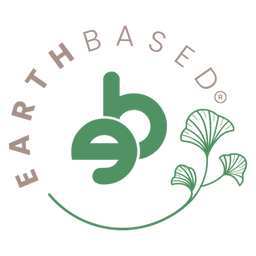As the world steadily embraces sustainable and eco-friendly lifestyles, the demand for plant-based dairy alternatives is skyrocketing. In India, this revolution is picking up steam with increasing awareness about health, animal welfare, and environmental impact. However, the industry is now urging regulatory authorities, specifically the Food Safety and Standards Authority of India (FSSAI), to revise milk labeling regulations that currently pose significant challenges to plant-based food companies.
The Debate: Milk vs. Plant-Based Alternatives
The crux of the issue lies in the definition of "milk." Traditional regulations reserve the term for animal-derived products, making it difficult for plant-based alternatives like almond, oat, or soy milk to use similar terminology. Plant-based food companies argue that these rules are outdated and fail to consider the evolving dietary preferences of consumers.
The Economic Times reports that several plant-based food manufacturers are advocating for more inclusive labeling policies. Their goal? To ensure that consumers can easily identify and trust plant-based alternatives without unnecessary confusion or restrictions.
Why the Current Rules Need Reform
-
Global Alignment:
Many countries, including the US and EU, have adopted progressive approaches to labeling plant-based dairy products. India risks lagging behind if it clings to restrictive regulations. -
Consumer Clarity:
Contrary to concerns about misleading consumers, clear labeling of plant-based products actually helps buyers make informed choices. Terms like “oat milk” or “almond milk” are widely recognized and understood. -
Market Growth Potential:
The Indian plant-based food market is expected to grow exponentially. Easing labeling restrictions could unleash innovation, attract investments, and boost the economy while aligning with global sustainability goals. -
Health and Sustainability:
Plant-based dairy is often lower in saturated fats and cholesterol, appealing to health-conscious consumers. Moreover, producing these alternatives has a significantly smaller environmental footprint compared to traditional dairy.
The Industry's Appeal to FSSAI
Plant-based food companies are calling on FSSAI to:
- Redefine the term "milk" to include plant-based alternatives, with clear labeling standards.
- Recognize the nutritional and functional equivalence of plant-based dairy products.
- Promote awareness campaigns to educate consumers about plant-based options.
These steps will not only support the burgeoning plant-based industry but also align with India's commitments to sustainability and innovation.
A Win-Win Solution
Adopting a more inclusive stance on labeling will empower consumers to embrace plant-based options without confusion. It will also send a strong signal to the world that India is ready to lead the charge toward sustainable living.
The discussion surrounding milk labeling is not just about semantics; it’s about adapting to a future where plant-based and traditional dairy coexist harmoniously. Simplifying these rules is a small step with a big impact—one that can propel India into the forefront of the plant-based movement.
As consumers, regulators, and industry leaders collaborate, this change could mark the dawn of a more inclusive, healthier, and sustainable food landscape in India.
Stay tuned to Vegan Vichaar for updates on this evolving story and its implications for plant-based enthusiasts.
